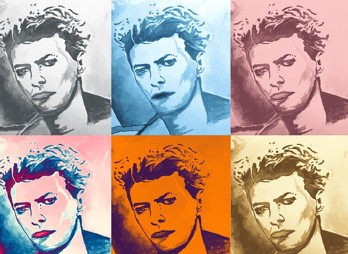Producer, songwriter, DJ, and actor extraordinaire Questlove is not short of accomplishments. As the frontman and drummer of the band, The Roots, you may know Ahmir Thompson from The Tonight Show Starring Jimmy Fallon. Night after night, his personality shines through, leading his band and cracking jokes with the host himself. Questlove has become such […]










